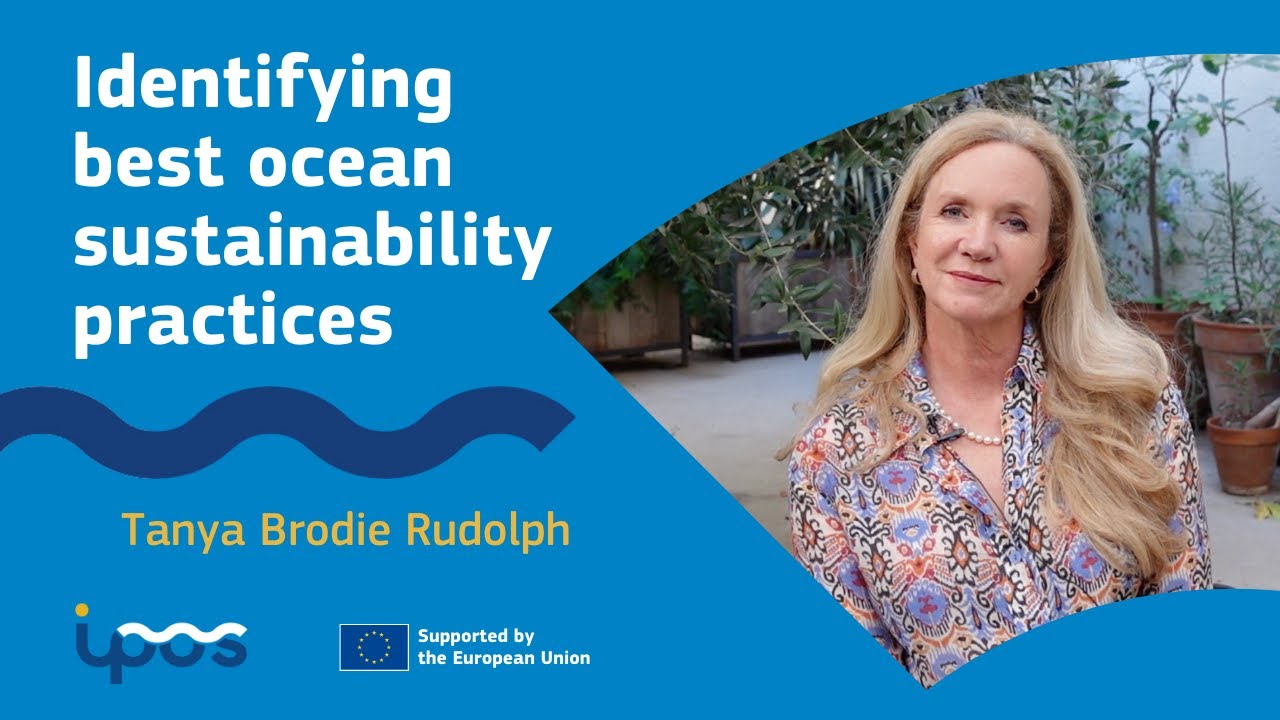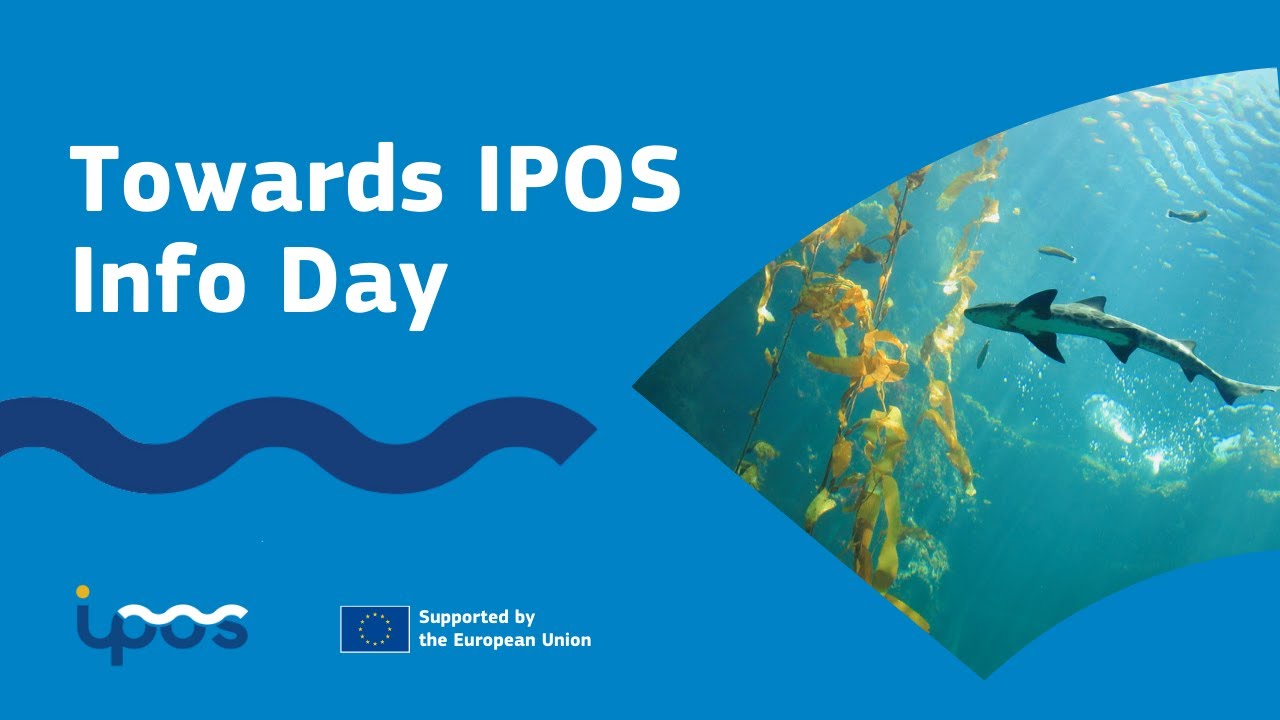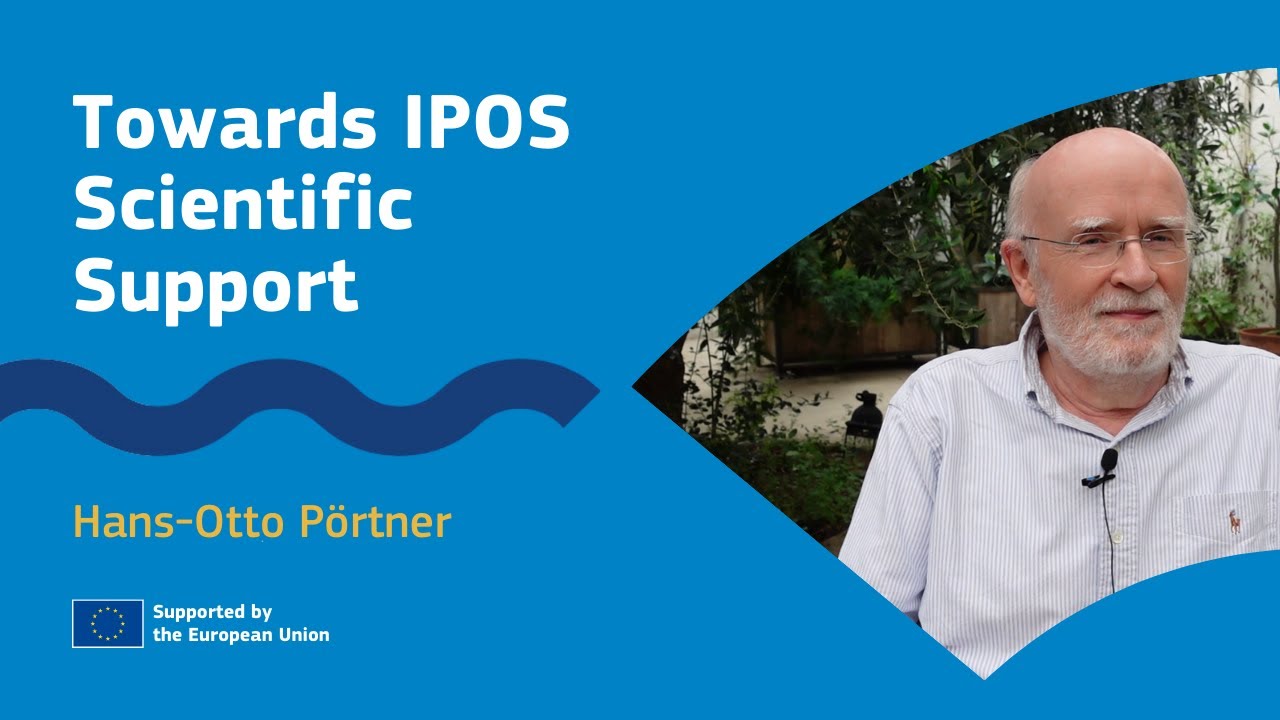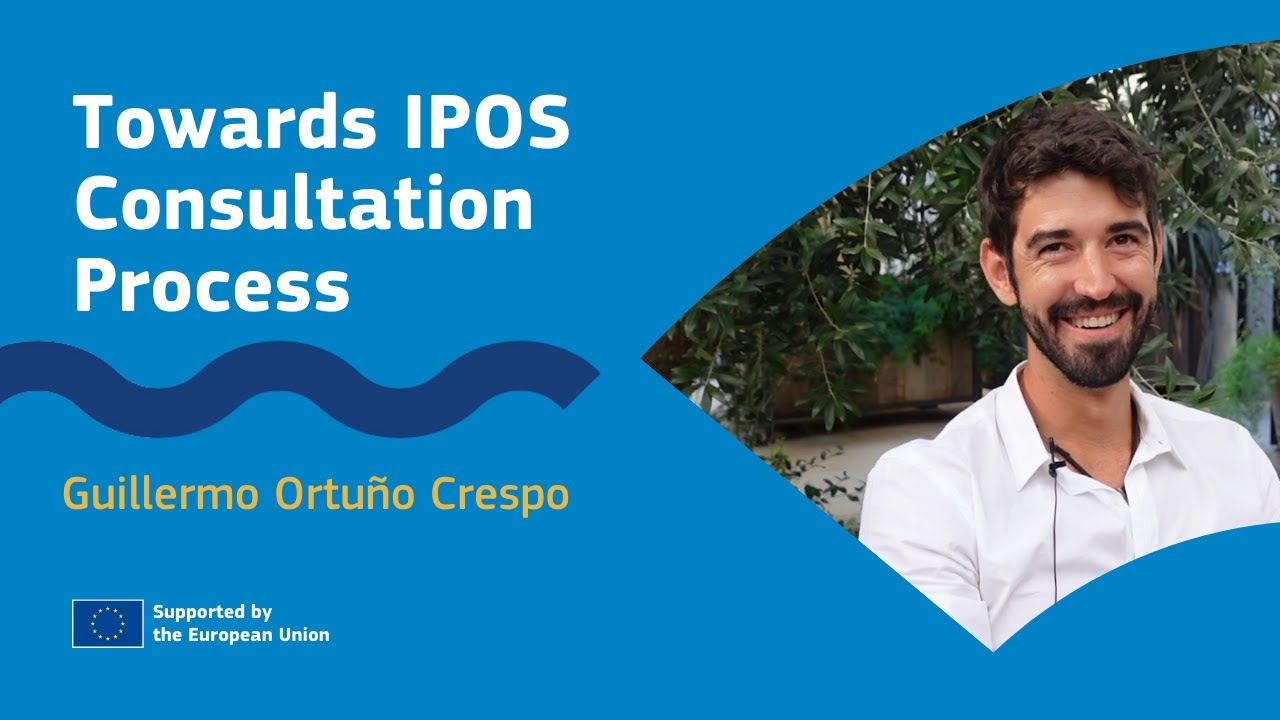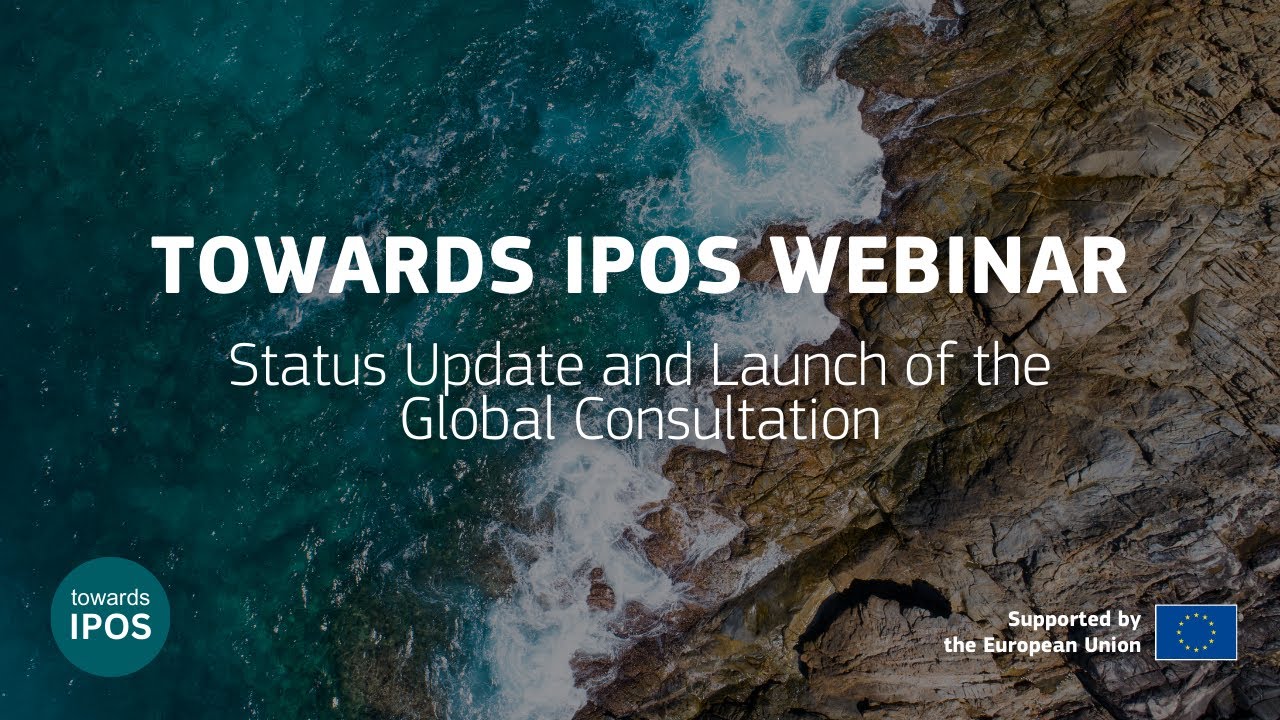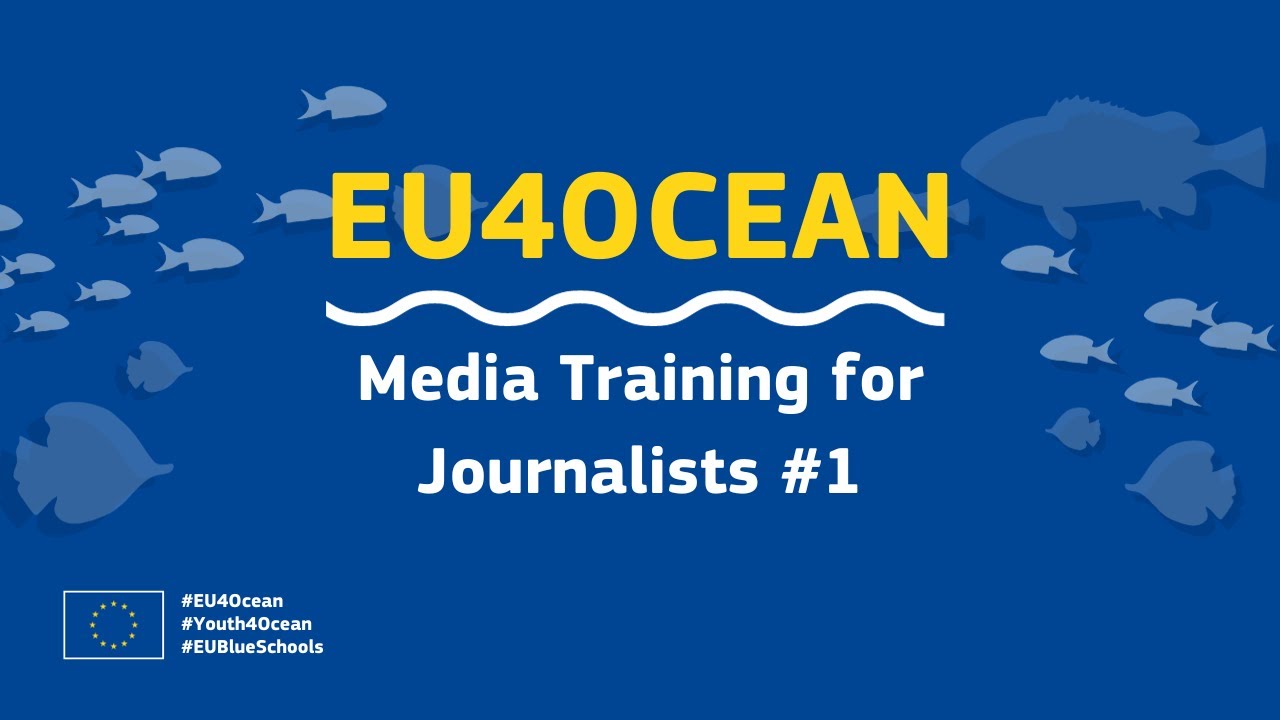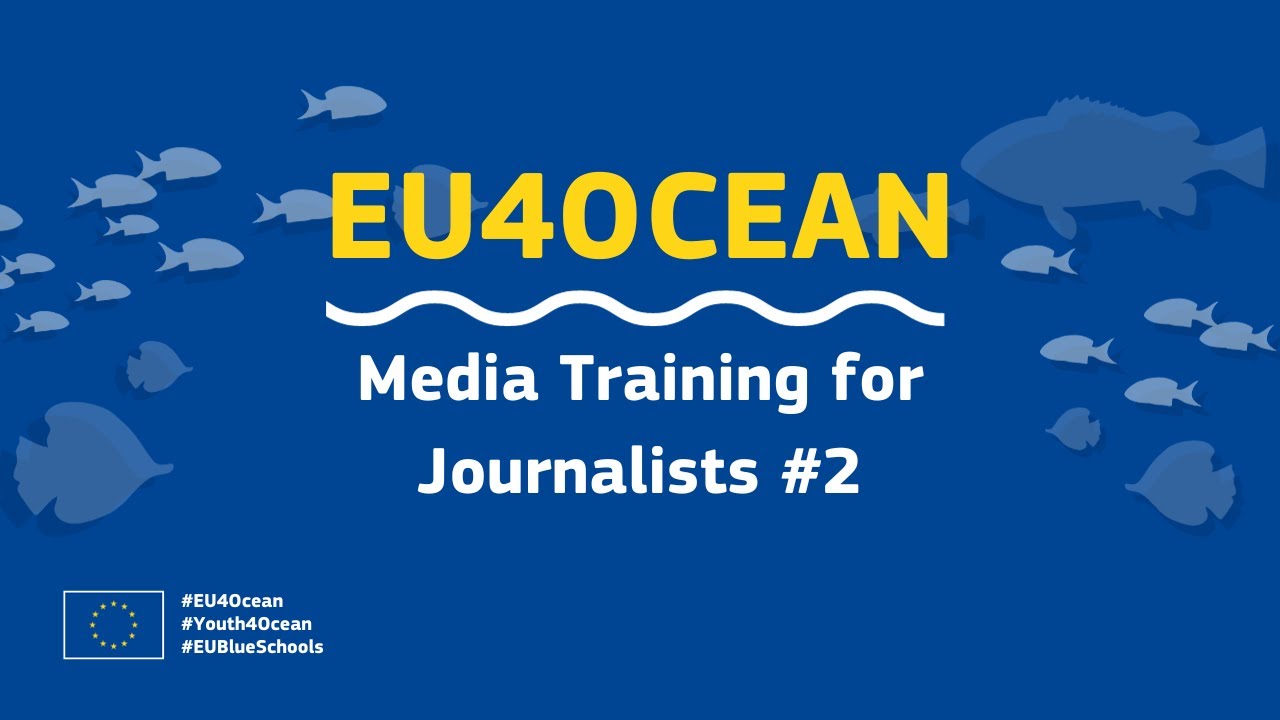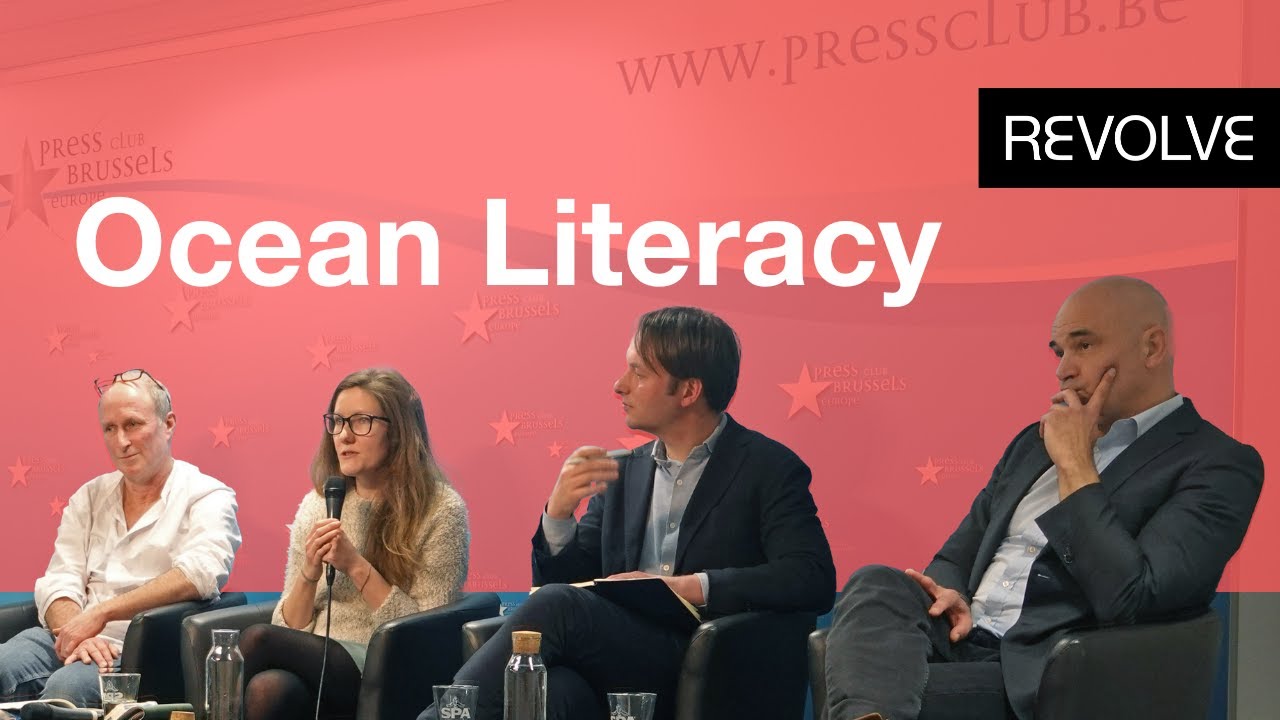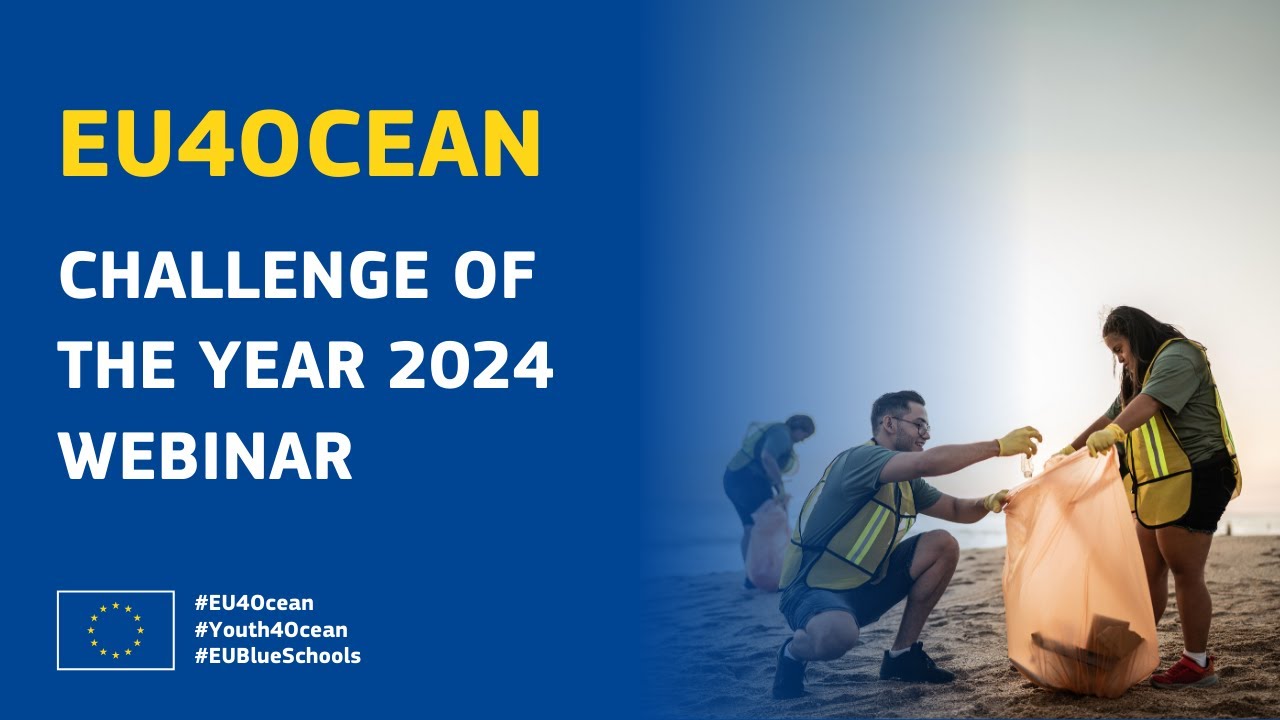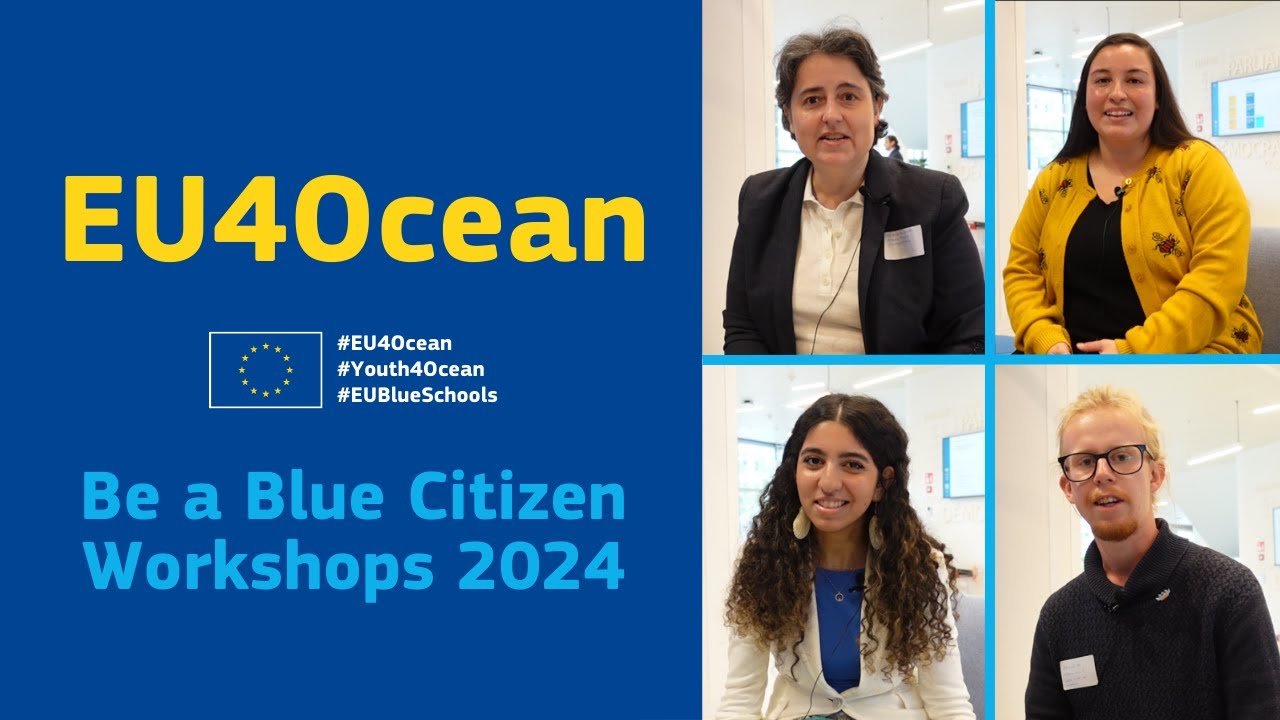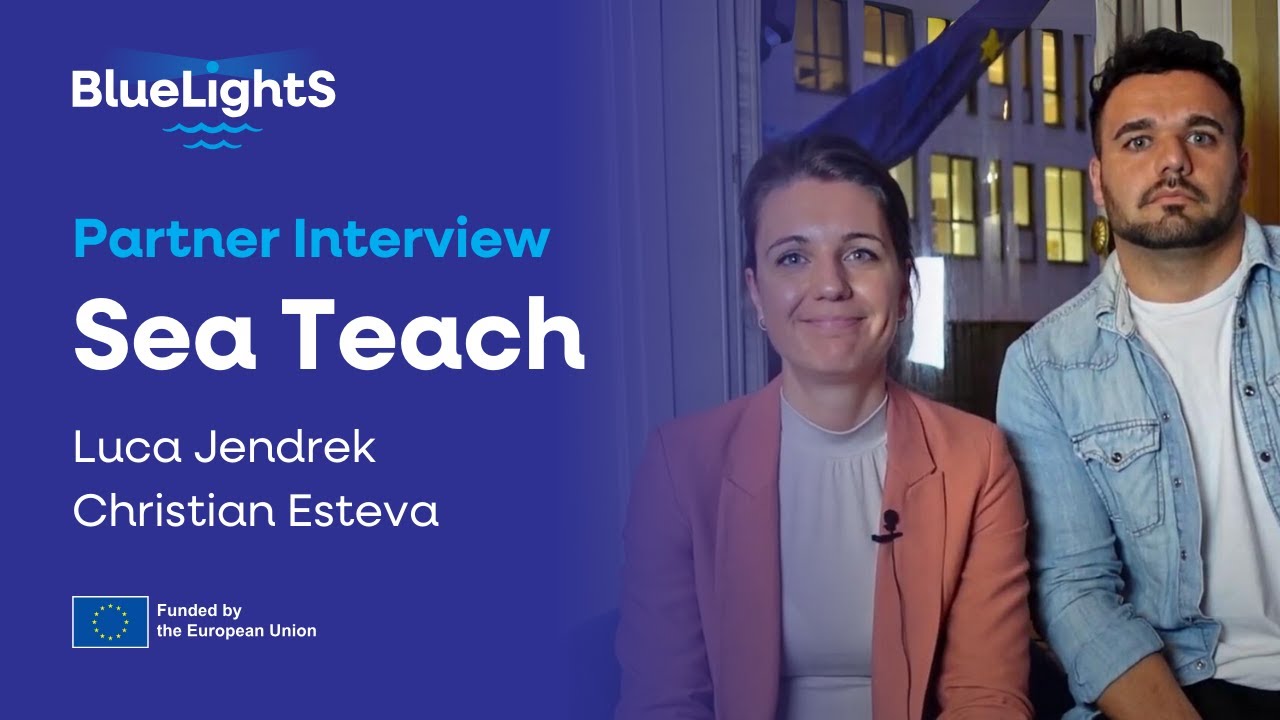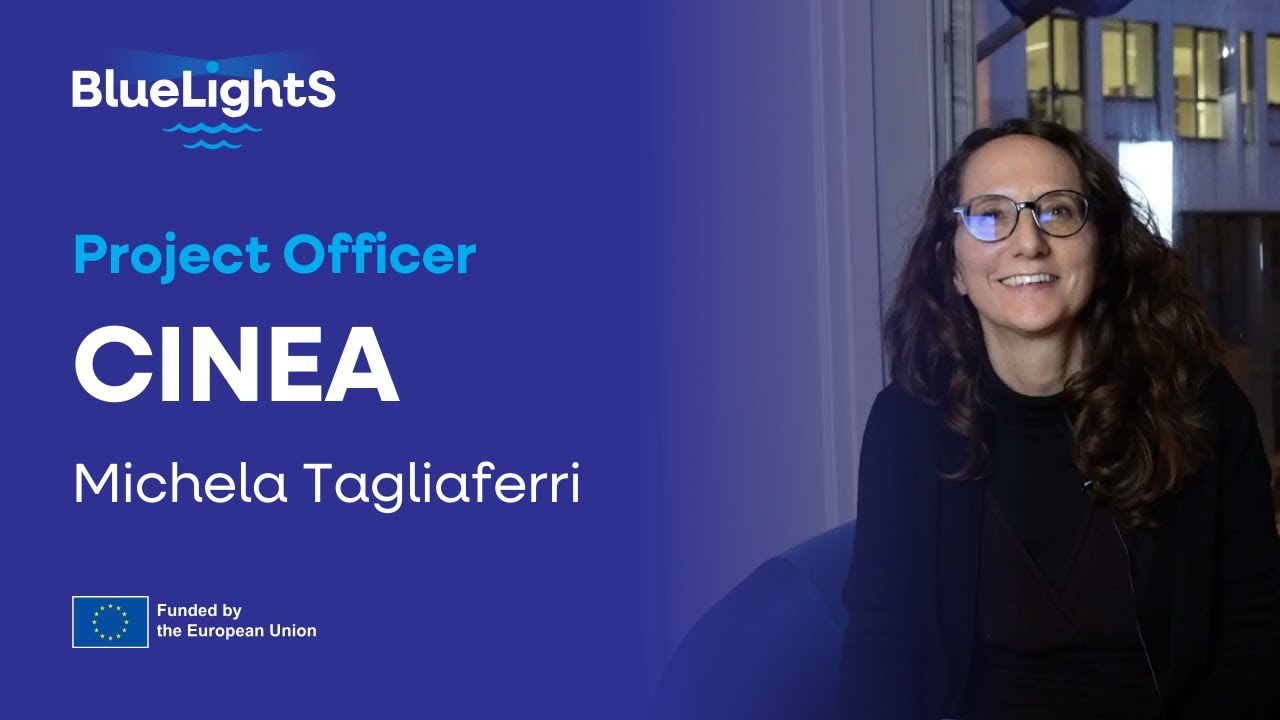OCEAN SUSTAINABILITY
The Ocean covers ¾ of Earth, holding 97% of its water, and acting as the planet’s largest ecosystem: it absorbs 23% of human CO₂ emissions and 90% of excess heat, and yet, pollution, overfishing, and rising temperatures threaten its health. Marine pollution, especially plastic waste, is at crisis levels, and ocean acidification endangers biodiversity and food security.
Urgent action is needed. Governments must enforce stronger conservation measures, invest in ocean science, and protect marine habitats through international agreements. On an individual level, reducing plastic use and choosing sustainable seafood can make a difference. Protecting our ocean means safeguarding our future.

STATE OF THE OCEAN
In 2023, 22% of the global ocean surface experienced severe to extreme marine heatwaves, with European waters reaching record temperatures. A high proportion of marine habitats in the European Union are in an unfavourable status (76%) and 38% are further deteriorating, with pollution being a significant factor.
The European Union has responded and committed to achieving climate neutrality by 2050, cutting maritime emissions, transitioning fisheries away from fossil fuels, and expanding offshore renewables. The EU Mission: Restore our Ocean and Waters aims to protect and restore the health of our ocean and waters through research and innovation, citizen engagement and blue investments by 2030.
Facts
1. Marine Heatwaves
• In 2023, 22% of the global ocean surface experienced at least one severe to extreme marine heatwave event. Notably, the rate of ocean warming has doubled since 2005.
• The warming of the world ocean has accelerated at a relatively consistent pace since 1960. Since 2005 the rate of ocean warming has doubled.
• The Arctic region lost 4% of sea ice per decade during the period 1979-2023.
Source: Defense Industry and Space, European Commission, 2024
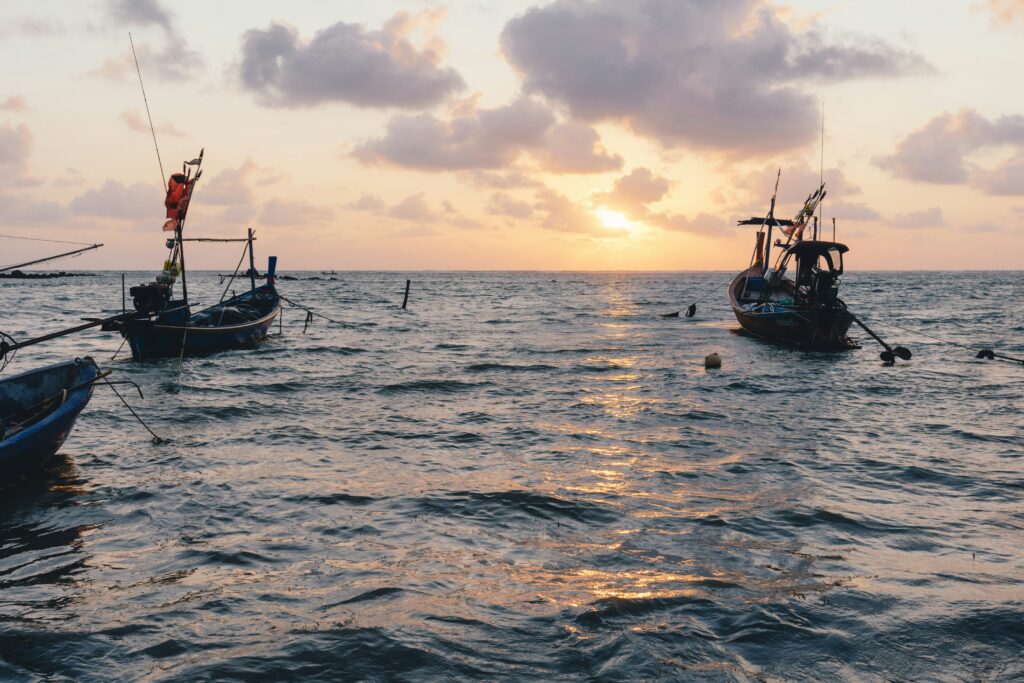
2. Sea Surface Temperatures
The European region recorded its warmest annual sea surface temperature in 2023, at 0.55°C above average.
Source : Copernicus, European Commission, 2023.
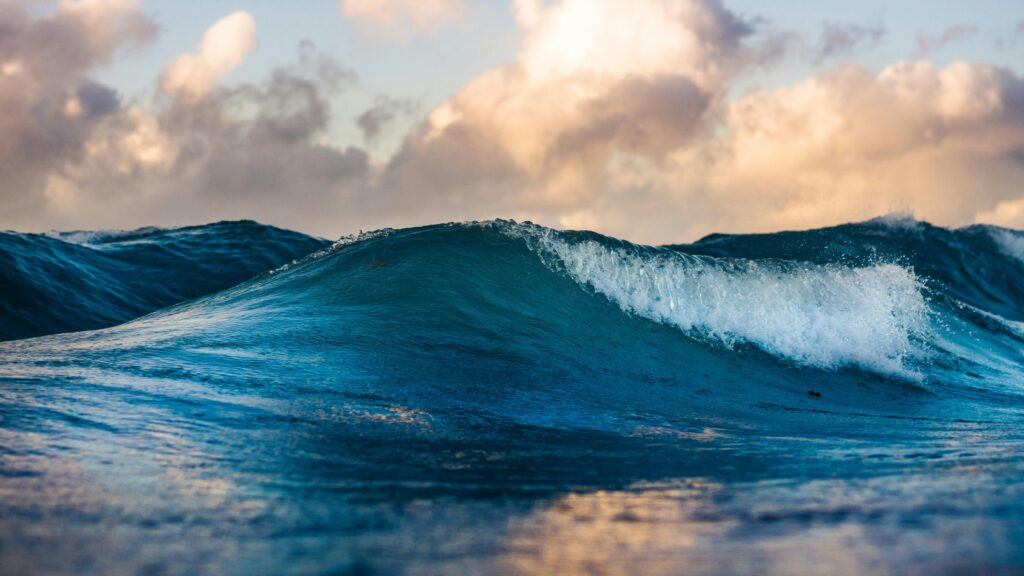
3. Marine Habitats
A high proportion of marine habitats in the European Union are in an unfavourable status (76 %) and 38 % are further deteriorating, with pollution being a significant factor (this data is based on research conducted on 30% of habitats; 70% is of unknown status).
Source: European Environment Agency, 2023.

4. Pollution
• Plastic waste makes up 80% of all marine pollution and around eight to ten million metric tonnes of plastic end up in the ocean each year. Research states that, by 2050, plastic will likely outweigh all fish in the sea.
• 17% of the species affected by the presence of plastic in the ocean are on the International Union for Conservation of Nature Red List of Threatened Species.
(Ocean Literacy Portal)
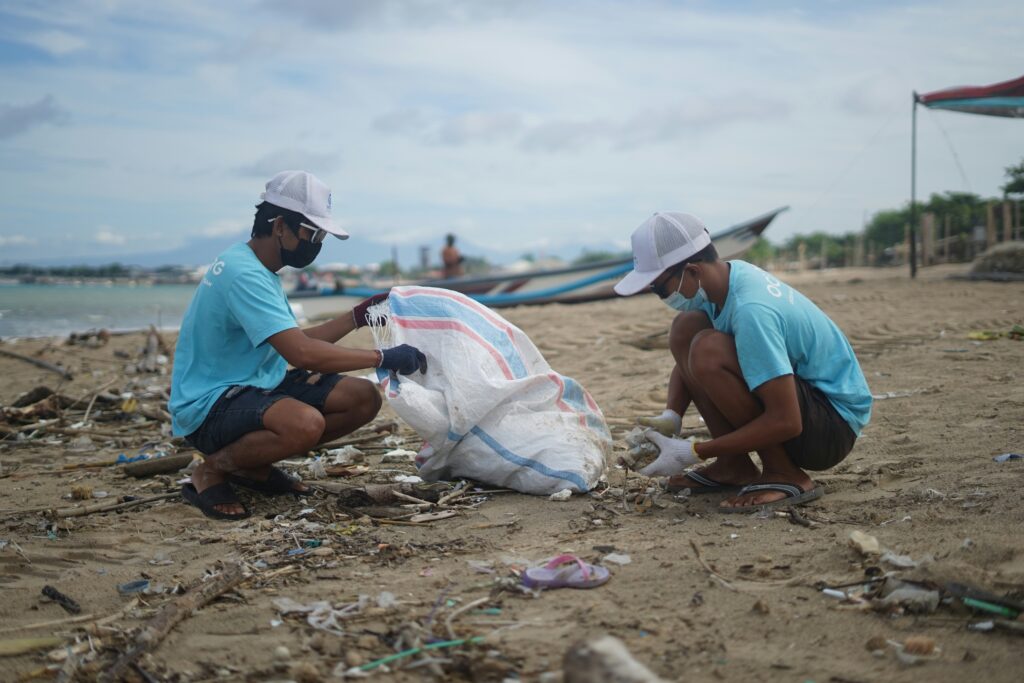
5. Ocean acidification
Carbon dioxide and heat are both absorbed by the ocean as greenhouse gas levels increase. When carbon dioxide is dissolved in the ocean, the water becomes more acidic. Ocean acidification has increased rapidly causing pH levels to drop by approximately 30% since the pre-industrial era.
Ocean acidification impacts on marine organisms with its effects cascading throughout the food web, modifying ecosystem services like fisheries.
Source: (European Environment Agency, 2024)
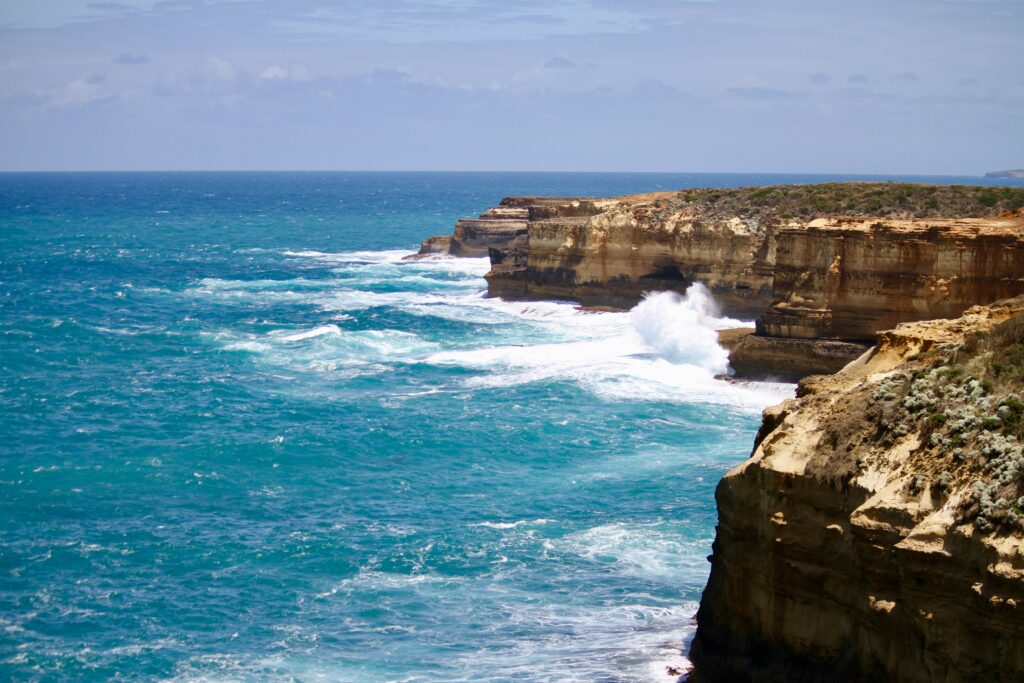
UNOC 2025
All boats lead to Nice!
From 9-13 June 2025, REVOLVE will be participating in the high-level 2025 United Nations Conference to Support the Implementation of Sustainable Development Goal 14: Conserve and sustainably use the oceans, seas and marine resources for sustainable development.
We’ll be showcasing our initiatives that contribute to raising awareness of the ocean and improving its governance.
Take action to MakeEUBlue!
Check out our activities below and come find us in Nice, France!
Past event - PRESS BRIEFING
Can the EU meet these 2030 and 2025 targets?
The upcoming European Ocean Days (3-7 March 2025, Brussels, Belgium) and the UN Ocean Conference (9-13 June 2025, Nice, France) will capture media headlines.
To learn more about the ocean and to engage with experts, join us on 20 February 2025 for an exclusive press briefing.
Going beyond the headlines ahead of these global milestones, REVOLVE invites journalists to a context-setting briefing with experts and advocates in the field of ocean literacy and ocean governance to make sense of the bigger picture.
Replay
Panel Discussion & Speakers
This press briefing will explore ocean literacy, water sustainability, community-driven initiatives supported by our EU-funded projects BlueLightS, Towards International Panel for Ocean Sustainability (Towards IPOS), and the EU Ocean Coalition (EU4Ocean).
Key initiatives


BlueLightS
BlueLightS is an EU Horizon Europe project that brings together 16 partners from across Europe to strengthen the skills and competencies of European children and youth to deliver “blue” (river and seas) resilience and sustainability. The project is directly aligned with and contributing to the EU Mission ‘Restore our oceans and water by 2030’.
BlueLightS is supporting exciting co-built blue challenge projects in schools; facilitating a conversation at different scales between the “blue” and education communities; and, experimenting adaptions in education systems that raise attention given to rivers and seas.


EU4Ocean
The European Ocean Coalition (EU4Ocean) brings together diverse organisations, projects, and individuals dedicated to promoting ocean literacy and sustainable ocean management.
EU4Ocean integrates EU-wide activities with actions focused on the Arctic, Atlantic (including the North Sea), Baltic, Black, and Mediterranean Seas, as well as the global ocean. Supported by the European Commission, this inclusive, bottom-up initiative unites Europeans to make the ocean everyone’s concern.
At the heart of EU4Ocean is the annual Challenge of the Year, which drives key initiatives like the Call for Collective Action, #MakeEUBlue Awards, and campaigns for young advocates and Blue Schools. By offering funding and expert support, the Coalition fosters innovation and collaboration, bringing impactful ideas to life.


Towards IPOS
International Platform for Ocean Sustainability (IPOS) will be the first global, demand-driven initiative connecting ocean knowledge, policy, and society.
It will help States and regions meet international ocean commitments by providing tailored, timely, and actionable policy options through its three core services: Action Requests, Rapid Responses, and the Ocean Catalyst.
IPOS will integrate the best available knowledge from scientific assessments (IPCC, IPBES, WOA), Indigenous knowledge, academia, industry, and civil society to accelerate effective ocean policies at national and regional levels.
Success Stories

Seascape: the state of our oceans
This series from The Guardian draws attention to the dramatic changes taking place in our oceans, and the innovations under way to tackle them.
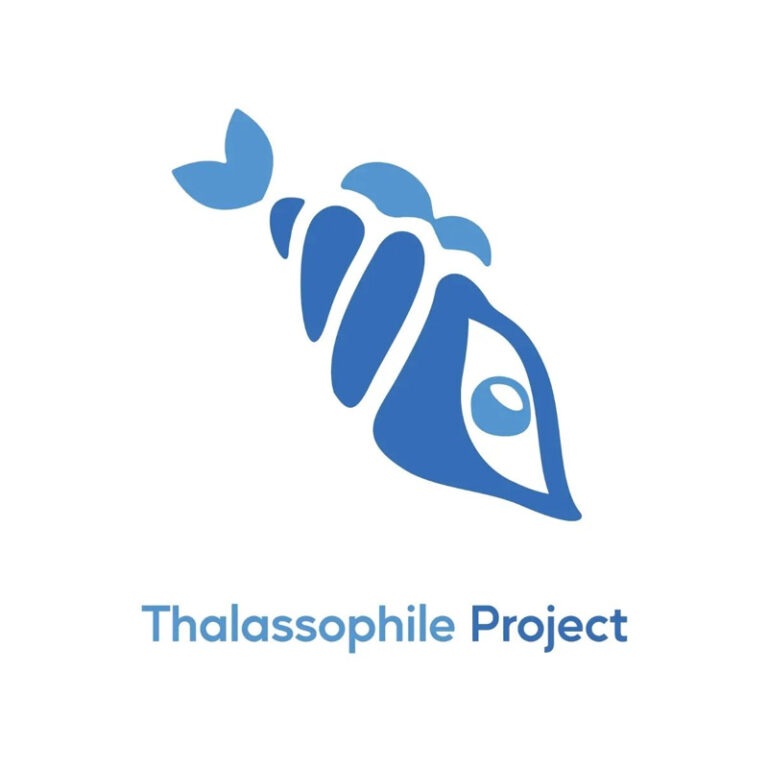
The Thalassophile Project
An Erasmus+ partnership of organisations in accessible pedagogy and marine conservation and research introducing marine science and conservation accessible to European citizens, especially those who are hearing or visually impaired.

Network of Blue Schools
A collaborative programme enhancing ocean literacy in schools by fostering responsible, active generations that contribute to ocean sustainability through interdisciplinary learning and community engagement.
Resources
Special Insights
with Peter Thomson, UN Special Envoy for the Ocean Peter Thomson
Infographic
What is Ocean Literacy
10 Dimensions of Ocean Literacy
Ocean Literacy Portal
by IOC/UNESCO
Ocean Literacy Portal
by IOC/UNESCO
EU Mission
Restore our Oceans and Waters
Press Release
by Towards IPOS
Videos
The following is a selection of interviews and videos that give insights and visuals of some of the projects and people leading the advocacy for ocean literacy and sustainability.
